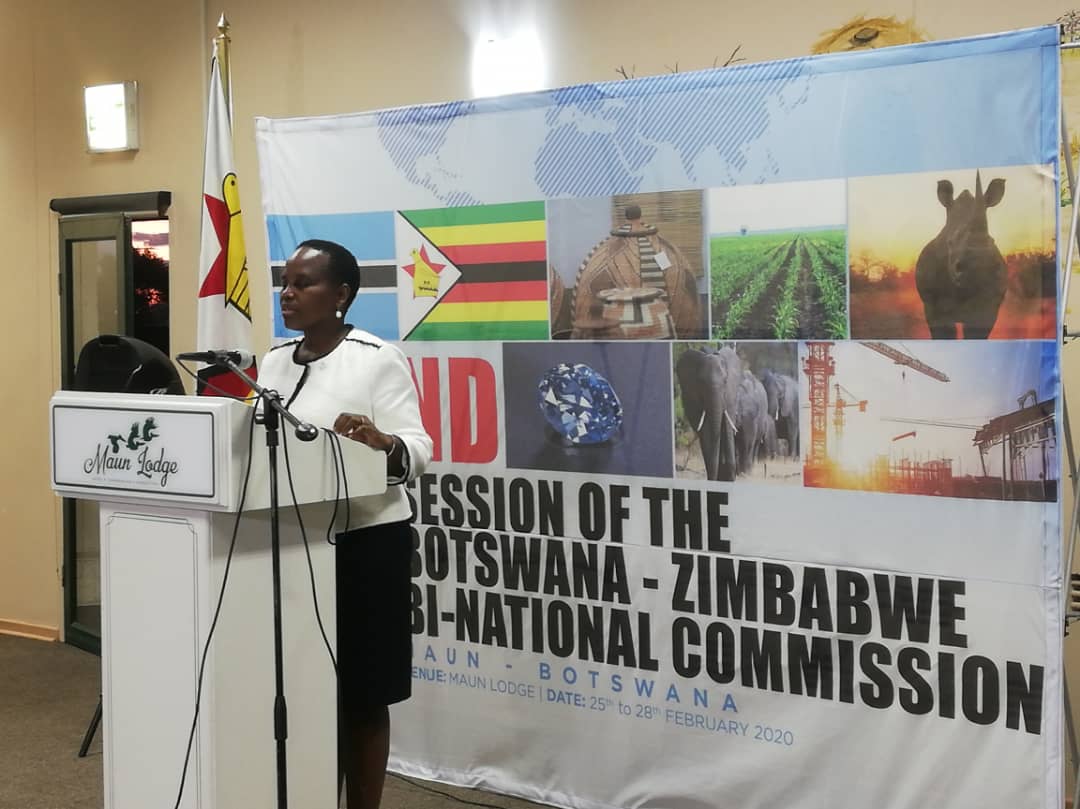IMF cuts Zim growth forecast over drought
Share

Harare, (New Ziana) – The International Monetary Fund (IMF) said on Thursday it had revised down its forecast for Zimbabwe’s economic growth this year to 0.8 percent from 2.5 percent, due to a severe drought and other factors.
The country, as almost all others in southern Africa, has suffered a severe drought this year which is expected to sharply reduce harvests, and force massive costly food imports.
As Zimbabwe’s economy is heavily reliant on agriculture, the IMF said the drought had consequently impacted economic growth for the year.
In a statement after the latest Article IV consultations with the government, it said other factors constricting growth include the continuing absence of international financial support for the country and debt arrears, uncoordinated monetary and fiscal policies, and corruption.
Zimbabwe has been under western sanctions for nearly two decades, which authorities estimate to have cost the country’s economy around US$100 billion.
These were imposed to force the government to re-think its land reform policy under which excess farmland was taken over compulsorily from white farmers to resettle landless peasants.
The sanctions, among other things, include withdrawal of balance of payment support, access to loans and trade credit facilities any economy requires to function properly.
The IMF said inspite of the new government’s re-engagement policy, meant principally to reset relations with the hostile West, not much support had been unlocked to underpin economic recovery as earlier forecast.
“Executive Directors noted with concern that Zimbabwe is facing an economic and humanitarian crisis exacerbated by policy missteps and climate related shocks. These would require difficult policy choices from the authorities and support from the international community,” the IMF said.
“Directors urged the authorities to make a concerted effort to ensure economic and social stability through the adoption of coordinated fiscal, monetary and foreign exchange policies, alongside with efforts to address food insecurity and serious governance challenges.”
It also under-scored the importance of continued consultations between the government and the Bretton Woods institution, as well as restore what it called the ‘independence’ of the central bank so that it, among other things, ensures the “credibility in the new currency.”
Zimbabwe restored its domestic currency last year after ten years of using a basket of foreign currencies, mainly the United States dollar.
“Enhancing central bank independence and transparency, including by timely publication of monetary statistics, would be important,” the IMF said.
It said tackling corruption, which President Emmerson Mnangagwa has made his top priority since assuming office two years ago, would also assist the country in winning back international support via its re-engagement drive.
“Such efforts (fighting corruption) would be instrumental to advance re-engagement efforts with the international community and mobilize the needed support,” the IMF said.
Despite the challenges, it noted progress in the country’s fight against inflation, and forecast this to end the year at 52 percent, which tallies with the government’s own estimate of 50 percent.
New Ziana








